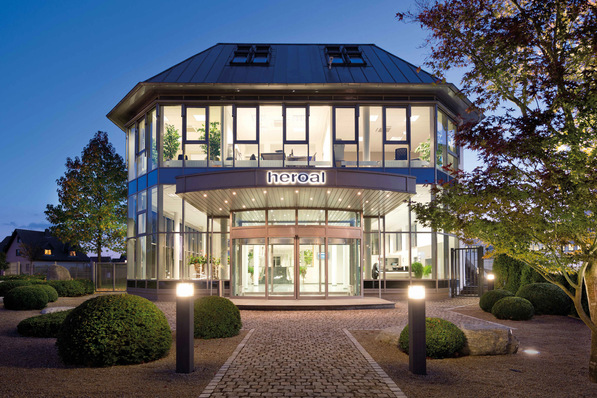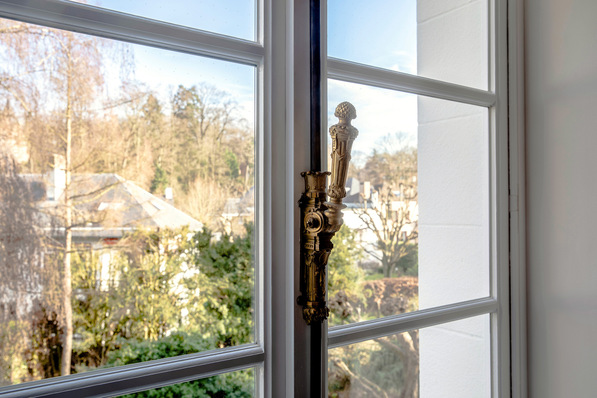Dow plans to launch the world's first commercially available range of carbon-free silicones for structural glazing, insulating glass and sealants in 2022. Select Dowsil materials will include PAS 2060-certified carbon credits from Dow's retro-integrated siloxane production and carbon reduction investments.
This carbon offset programme, themed "Designing with more freedom by engineering less impact", is designed to help reduce the environmental impact of buildings and achieve better green building certifications.
Building sector causes a third of emissions
"The launch of our climate neutrality programme for Dowsil silicones for building facades represents a real development in the field of climate neutrality for silicones," explains Markus Plettau, Manager for Facades at Dow. "In line with industry efforts to develop net zero carbon buildings to reduce CO2 emissions, Dow is leading the way in reducing the carbon contained in building materials."
According to the World Green Building Council, the construction sector is responsible for approximately 39 per cent of global CO2 emissions. This includes both carbon inputs and building operations.
What does this mean for Dow Silicones?
While Dow's silicon products require energy to manufacture, their use in applications such as prefabricated facade elements and glass insulation requires very little energy, which contributes to a significant improvement in the energy efficiency of buildings. In addition, their durability allows the insulated building envelope to last more than 50 years.
According to the Global Silicones Council, the energy or carbon footprint of silicone sealants is up to 20 times better than that required to manufacture insulating glass.
[Dow presents a spacer that is almost invisible]
Carbon neutral silicones can reduce to zero the carbon needed to make the silicone polymers that are the building blocks of our products. Carbon neutral silicones for specific construction projects are a revolutionary offering, especially for technologies related to the silicon metal manufacturing process, where Dow holds a unique position.
Markus Plettau is convinced that silicones will remain the technology of choice in construction, not only because of their long-term output and carbon footprint, but also because they provide buildings with improved energy performance and greenhouse gas emissions.
Says Plettau: "Dowsil Silicone's carbon neutrality programme is not only a benefit to architects, builders and building owners, but also a key to achieving significant ongoing carbon reduction through integrated design solutions that allow these professionals to design with more freedom by designing for less impact."
What certification is available for the silicones?
With PAS 2060 certification, internationally recognised for organisational carbon neutrality, Dow's carbon neutral silicones can contribute to additional international green building certification points. Each product is accompanied by an Environmental Product Declaration (EPD), which provides transparent and comparable information about the environmental impact of our products throughout their lifecycle.
[Joint study by Dow and Swisspacer: Warm Edge IG units at the highest level]
In addition to carbon neutral silicones, Dow continues to develop innovative and sustainable solutions for the construction and infrastructure markets.













